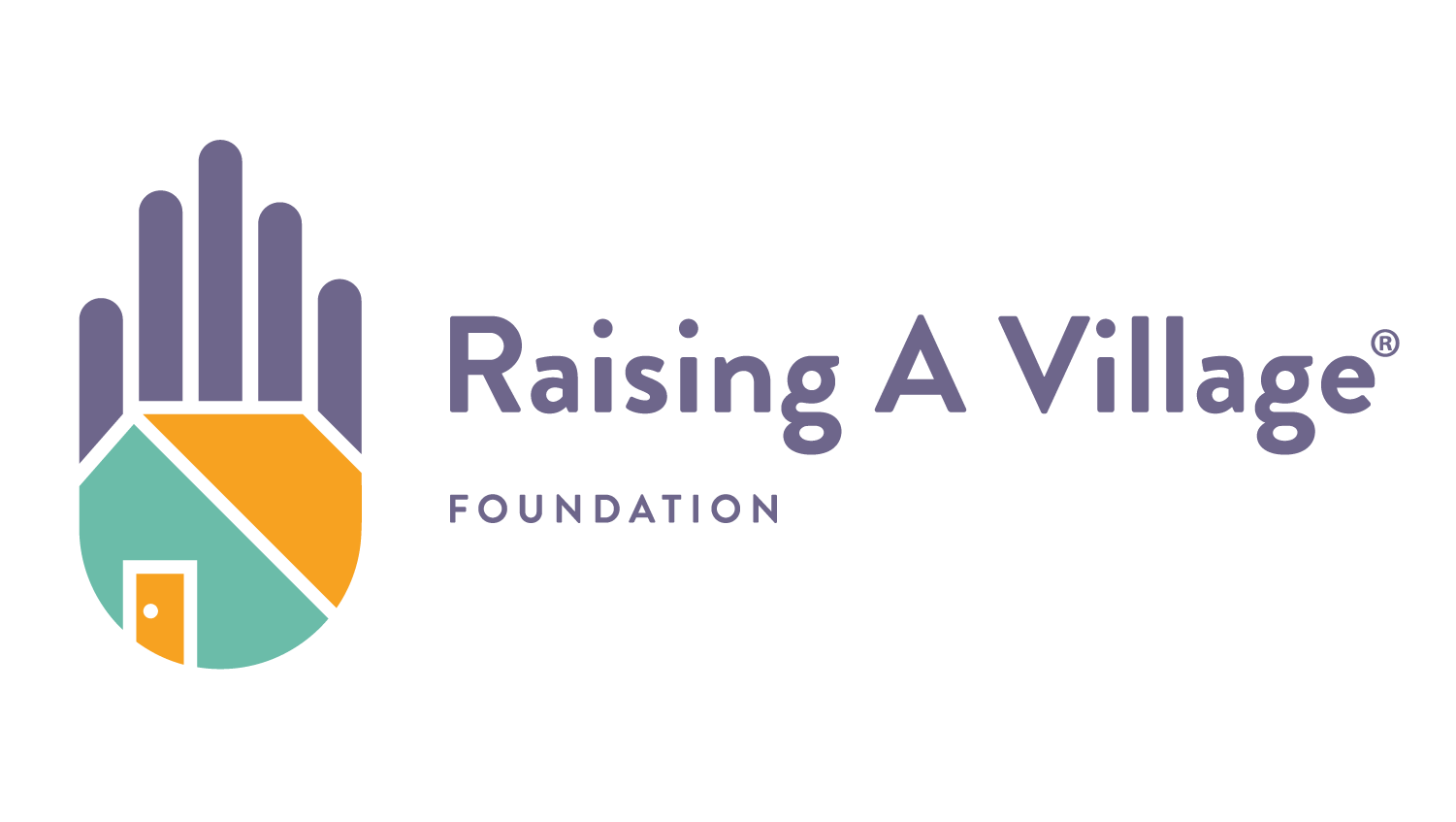Can I Walk In Your Shoes? By: Alexia Antunez
Hello, neighbors!
"Help me understand what it's like in your shoes."
This quote was from a dear friend from the foundation and now a colleague of mine, Eric Simpson. Isn't this what we as human beings strive for? Empathy and openness? I am hoping when you read this, your head is shaking yes. Eric led a wonderful workshop for my new teammate and I, on trauma-informed education. This workshop is most definitely prevalent and crucial to learn this school year. Speaking from a personal standpoint, I understand that trauma comes in many different forms and may always stick with you throughout your life. I can only imagine where my past, present, and future students are currently in this political and public health climate.
I taught in international and domestic classrooms, from rural Ethiopia to small towns in Kansas. It breaks my heart to say that no matter where you are, trauma is there in ways you wish it wasn’t. And you see it being held onto by kids who seem to have little to no control and no acknowledgment of the consequences. While I was teaching, I made it my mission to create a safe, warm, and welcoming environment for my students. Did I do this perfectly? Absolutely not, but I gave it my absolute best and constantly wanted to learn how to come close. This workshop reminded me of many things that I think are so important to uphold for the 2020-2021 school year. This year is going to test our patience but it will bring us to a space where we can grow and come to a form of acceptance. Unfortunately, we are not able to physically be in the classrooms. This doesn’t stop our work and hearts from persevering through.
Eric mentioned and drilled the importance of the six key principles in my head this day. Safety, trustworthiness & transparency, peer support, collaboration & mutuality, empowerment/voice/choice, and cultural/historical/gender issues are the key principles. What do each of these principles entail? I believe everyone in the education world can explain it in their own words with sharing from first-hand experiences. As I mentioned before, safety is a priority and should always be the top priority. Without safety, the other principles do not have the chance to stand alone. A classroom, virtual or not, is a safe place for many students. Connecting with their teachers, tutors/aides, friends, and school community allows for shoulders to fall and smiles to come across. To be open-minded means to be available for vulnerability. Demonstrating vulnerability, honesty, and healing will open many doors for students who have dealt with and are currently dealing with trauma. Point out strengths and help (encourage) students develop new skills! There are many things we can do to give our students love, support, and guidance. The last principle, and one that I hope everyone is continuing to educate themselves on, is to actively move past cultural stereotypes and biases. We love to educate children but we too should adore the process in learning that the world around us is changing and educators need to be on the frontlines of the change.
This all requires effort, reflection, and trial and error. It can be challenging and fulfilling at the same time, trust me. Do your part and try on the shoes!
All my support and gratitude,
Alexia Antunez
AmeriCorps Vista Lead
